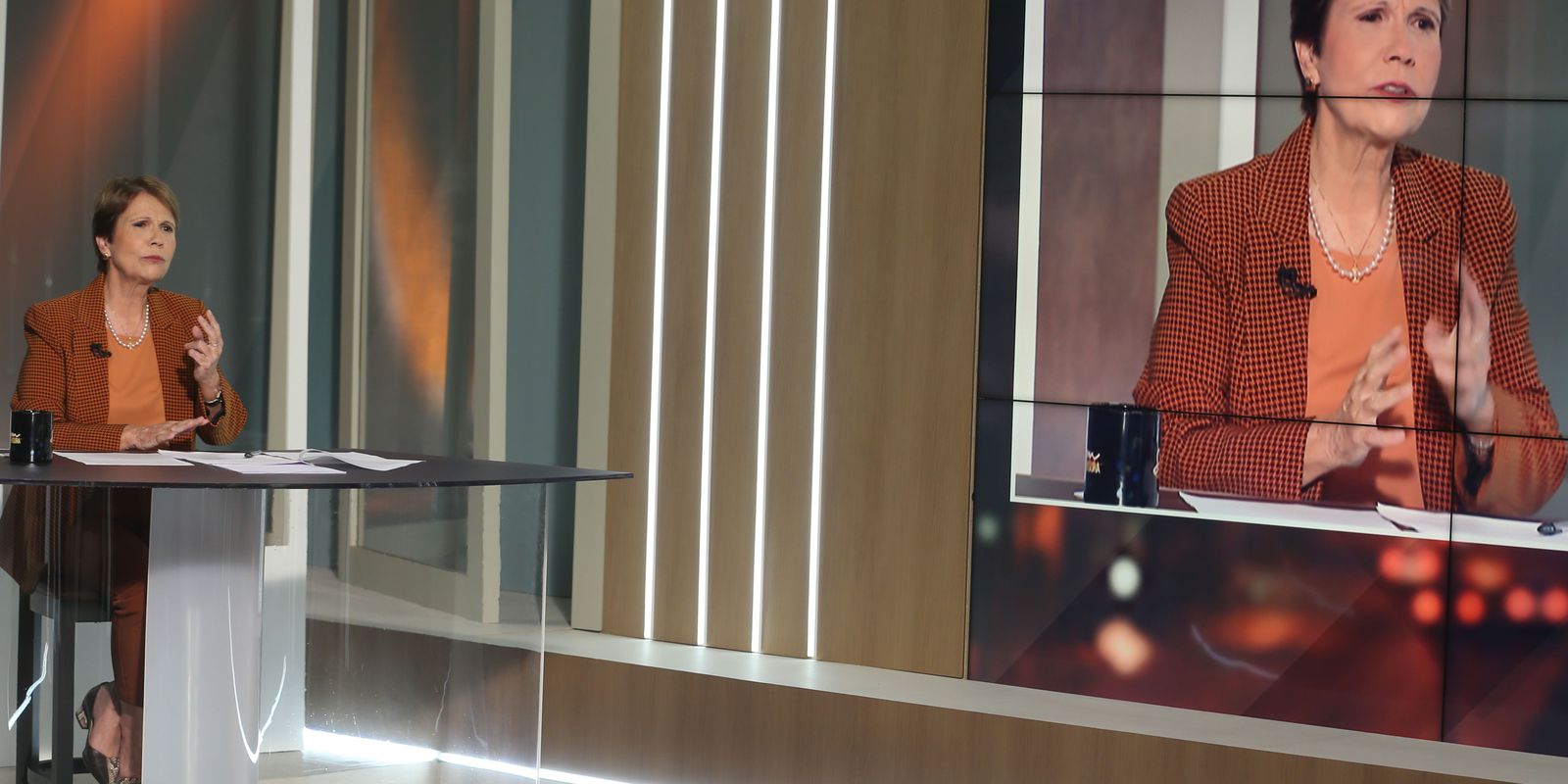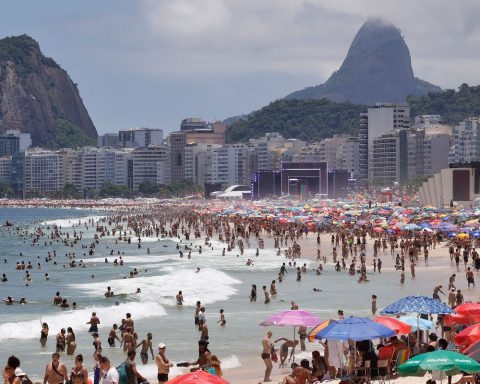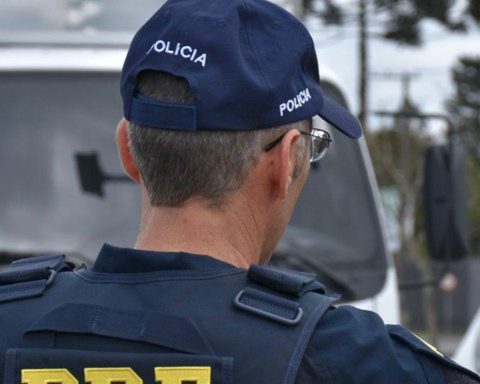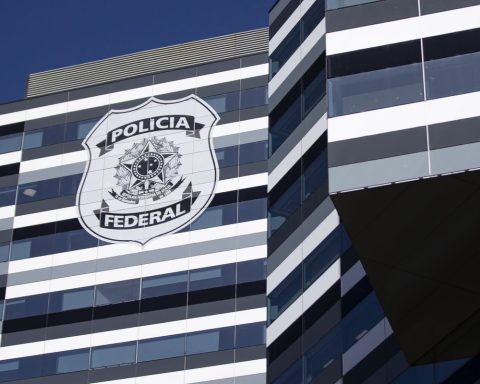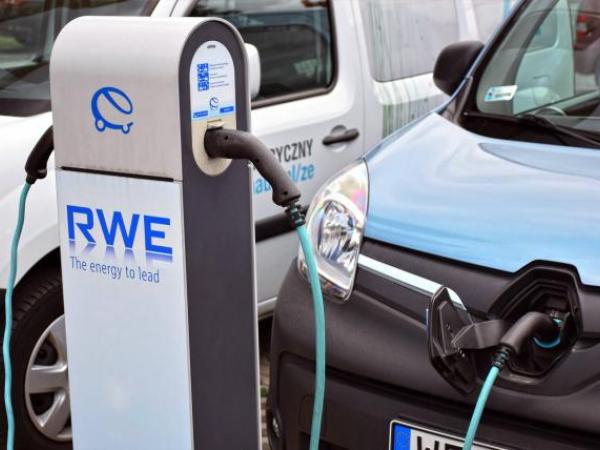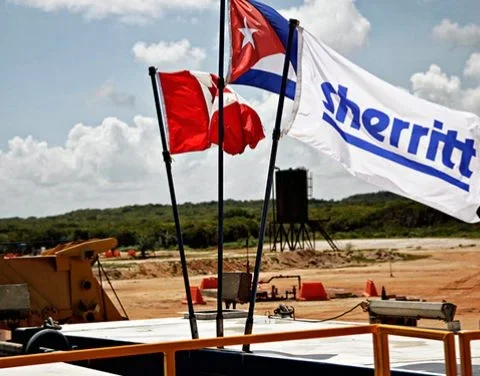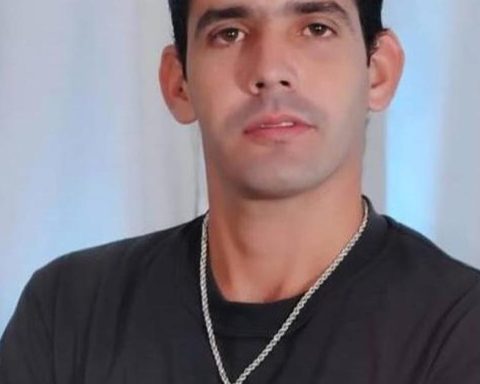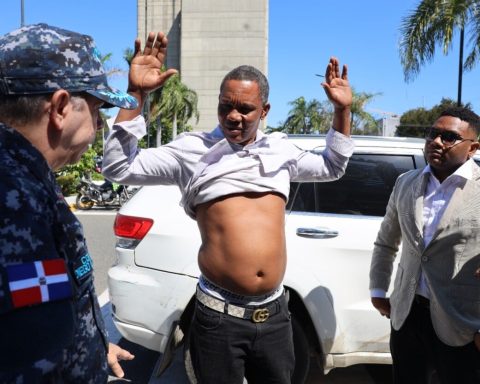The Minister of Agriculture, Livestock and Supply, Tereza Cristina, said today (7th) that food security is a matter of national security and that includes fertilizers, a problem that gained more prominence with the war in Ukraine, as Russia and Belarus, countries that are involved in the conflict, are the main suppliers of Potassium and hydrogenated products to Brazil. 
The products are two of the main fertilizers imported by Brazil and the country is heavily dependent on fertilizers abroad. “When I arrived at the ministry, I saw this problem and started working on a plan to solve this problem. The USA has 80% of its own production and 20% of imports, China is more or less at this level and Brazil, with the power of agriculture that it is, has to reach these levels of more self-sufficiency”, said the minister during an interview with the program. No Censorship by TV Brasil, referring to the National Fertilizer Plan, which will be launched this month.
“[Com] this plan we can achieve self-reliance [de fertilizantes] in 30 years. Now, of course, it doesn’t just depend on the government. The government is making a plan that it did together with nine ministries, but also together with the private sector. We need investors to come and invest in the exploration of this Potassium, or in urea”, said the minister. The main needs of fertilizers in Brazil are Nitrogen, Phosphorus and Potassium.
In the case of Potassium, there are mines in operation in Sergipe and a large deposit in the region of Altazes (AM), which, according to the minister, could bring peace to the country when it began to be explored. “Today there is already a mining right that a company to explore, it is in the environmental licensing phase, it is a series of licenses because we have a very strict environmental and mineral code that makes it take much longer to happen”.
The minister also criticized this rigidity of Brazilian legislation. “We have to be quick to approve these licenses and know what really matters and the part of the compensation. Potassium is important for Brazil, it is, so it is in a region that has some environmental problems, we have to see the mitigation of these risks, what compensation can be made and know that this is a national security problem . So we have to, in some cases, have this exceptionality, and this celerity so that things happen more quickly”, said Tereza Cristina.
See the full interview:
